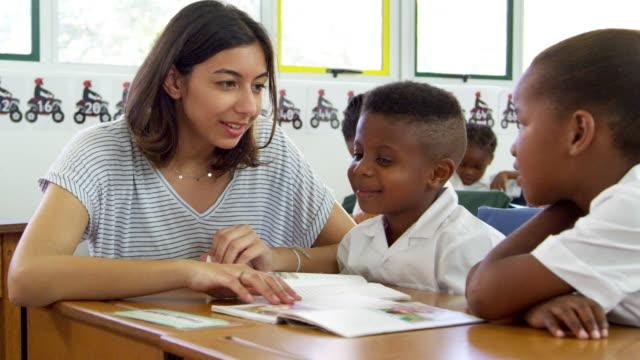The Kidbrooke Learning Centre English Programme provides pupils with the opportunity to work to the best of their ability. Our tutors provide access to a range of exciting literature that focus on reading and writing skills.
Many year 3-6 pupils have the intention of taking the 11 Plus exam. One of the first steps in preparation for the 11 Plus English exam is having a sound understanding of what to expect from the paper. Depending on the exam body that administers the test in your local area, the format of the exam paper can vary.There are two main 11 Plus exam boards and although their exam formats contain some similarities, there are differences that will impact how your child prepares for the 11 Plus English exam. Fortunately, the same skills are assessed so whichever exam body administers your child’s 11 Plus English exam, the test papers will generally assess at least some of the following elements:
Spelling
Punctuation
Grammar
Vocabulary
Literacy
Comprehension
Creative writing
The year 3-6 curriculum at KidbrookeLearning Centre is created to support pupils in their acquisition of these important skills and promote academic success. KLC is dedicated to fostering a love of learning and encourages pupils to be independent learners.

Pupils will study short stories and extracts from novels and write their own creative pieces.
-Pupils will develop their reading strategies, reinforcing their knowledge of grammatical structures and their contextual understanding.
-Pupils will be taught how to look past the simple literal understanding and start to use inference and deduction to gain different interpretations.
-Pupils will develop their understanding of figurative language techniques and be able to identify the effect of a variety of sentence types.
-Pupils will learn to skim read and obtain detailed knowledge through specific reading which improves their comprehension skills.
-Pupils will be taught how to plan, draft and revise effectively, proofread and discuss and evaluate their own and others writing.
-Pupils will learn how to use a range of punctuation: full stops, question marks, exclamation marks, commas and apostrophes.
-Pupils will continue to develop their spelling and grammar, paying close attention to their use of appropriate terminology, vowels, consonants and homophones.
-Pupils will develop knowledge of standard English and how to use ambitious vocabulary.
-Pupils will gain a secure understanding of how to build sentences and paragraphs.
Pupils will study persuasive writing and learn letter and diary writing
-Pupils will gain knowledge of subject specific terminology and learn about persuasive language techniques.
-Pupils will learn to tailor their writing to fit for the purpose and audience.
-Pupils will learn to use language that will convince the reader.
Pupils will learn how to use a range of punctuation: full stops, question marks, exclamation marks, inverted commas and apostrophes.
-Pupils will learn how to structure their writing effectively. They will learn how to paragraph and master their understanding of simple, compound and complex sentences.
-Pupils will foster the ability to work well as part of a group, making valuable contributions and to deal with opposing viewpoints in an appropriate way.
Pupils will study a range of poetry and develop their ability to infer.
-Pupils study classical and modern poetry and play scripts.
-Pupils will develop their understanding of figurative language techniques and be able to identify the effect of a variety of sentence types.
-Pupil will learn how to look beyond literal descriptions of characters and begin to analyse them.
-Pupils will write their own poems paying particular attention to linguistic choices and the intended effect.
-Pupils will work in groups to create their own plays.
-Pupils will start looking at the form and structure of poems and begin thinking of the writer’s intentions.
-Pupils will looks at contextual information about poets and the time the poems were written.